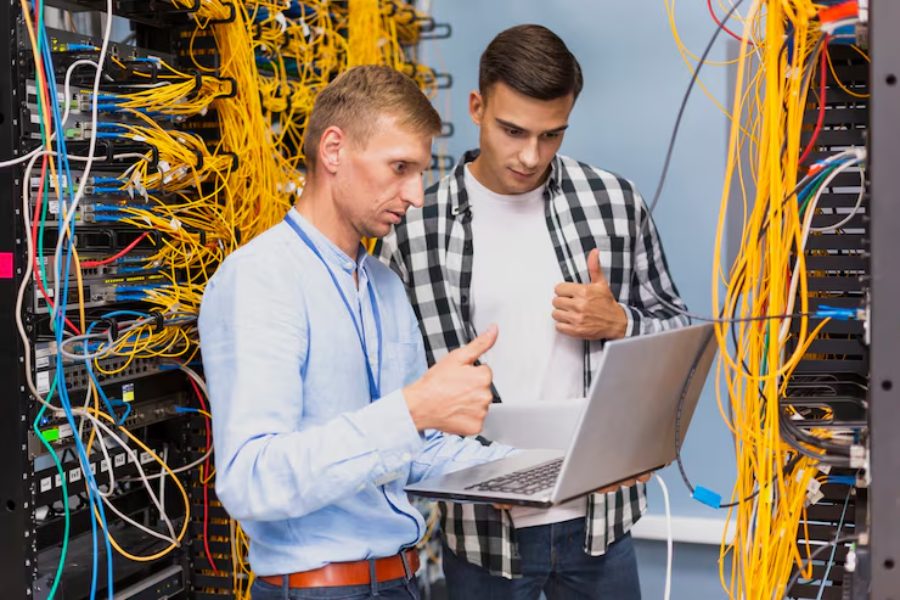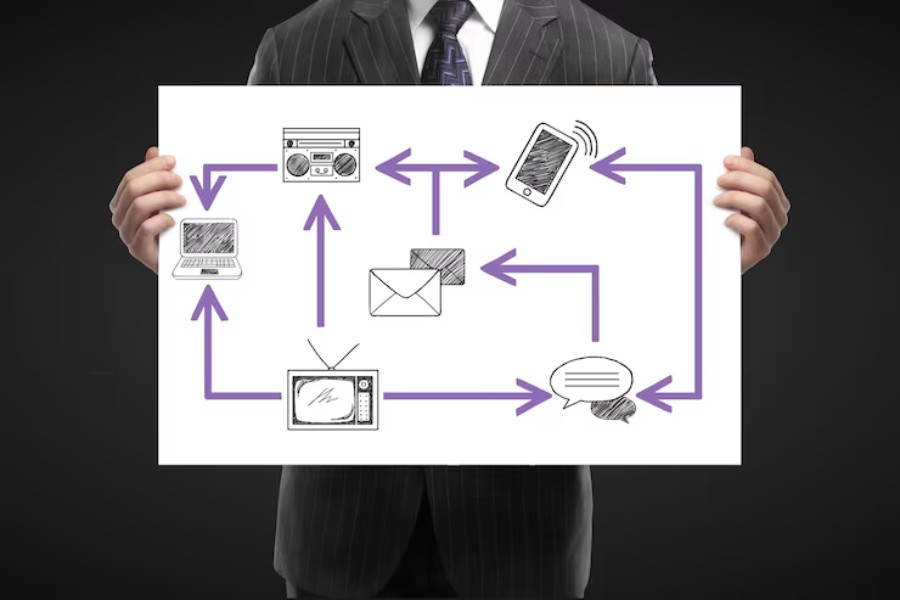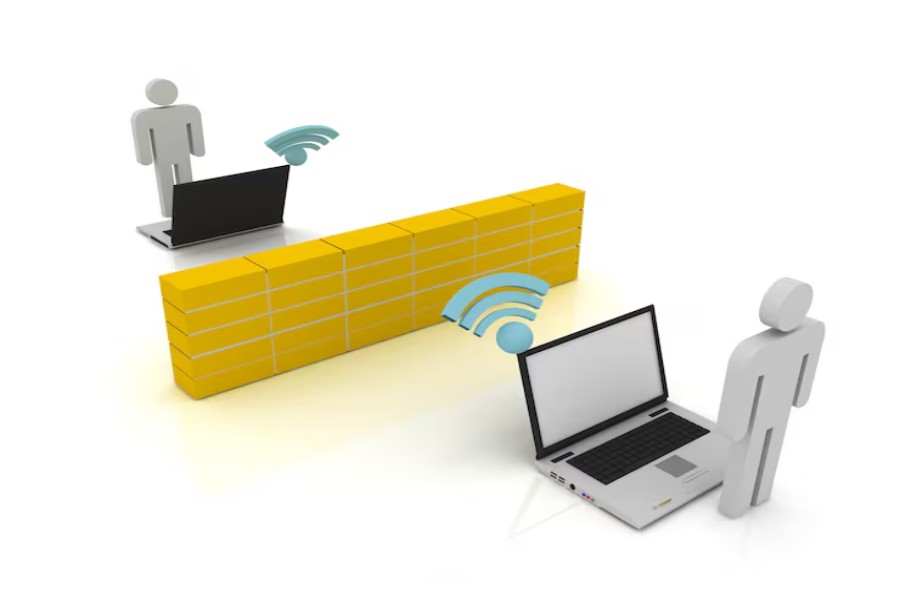
The internet connects billions of devices daily, yet most users never think about the numbers running behind the scenes. This raises an important question: why do we not need to know the exact IP addresses of the devices we use? Each device—whether it’s your laptop, smartphone, or smart TV—has a unique Internet Protocol (IP) address. These addresses are essential for communication, but they’re complex strings of numbers that people don’t have to memorize. Instead, systems like the Domain Name System (DNS), routers, and automated protocols translate names into numbers seamlessly. That’s why typing “google.com” feels natural compared to remembering an IP string like 142.250.72.206. In this article, we’ll dive into why we don’t need to know exact IP addresses for the devices that we use, how DNS and automation manage the process, and why the future of networking continues to make things easier for everyday users.
Why Don’t We Need to Know Exact IP Addresses for the Devices That We Use?
We don’t need to know exact IP addresses for the devices we use because modern networks translate them automatically through DNS, routers, and protocols. Instead of remembering long numbers, we rely on domain names, while our devices and internet providers handle the technical details. This makes digital life user-friendly and efficient, ensuring connectivity without manual IP input.
Simple Answer Why Don’t We Need to Know Exact IP Addresses
The concept of IP addressing originated from the earliest days of the Internet, when every computer on ARPANET required a unique numeric address to communicate. At that time, users had to enter and type these numbers manually. As networks grew, however, this became impractical—imagine trying to remember dozens of long 12-digit codes just to open your favorite sites.
The main reason we don’t need to know exact IP addresses for the devices we use is due to abstraction. Systems such as the Domain Name System (DNS) instantly translate easy-to-remember names into machine-readable numbers. This innovation transformed the internet into something accessible to everyone, rather than a tool limited to technical experts.
Today, smartphones, laptops, and IoT devices obtain and renew IP addresses dynamically through DHCP. Routers manage local assignments, while ISPs handle global coordination. Browsers, operating systems, and apps also cache IPs in the background, making connections seamless. With IPv6 expanding complexity even further, automation ensures users never need to handle raw numbers—technology does it all, leaving people free to connect, work, and explore online simply.
How Do DNS and Routers Hide Exact IP Addresses from Us?
Behind every click or search, multiple systems quietly ensure you never need to memorize or type raw IP numbers. Here’s how they work.
DNS: The Internet’s Phonebook
The Domain Name System, or DNS, acts like the internet’s phonebook by letting people type in simple website names instead of long numeric codes. When you enter a domain such as google.com, DNS instantly translates it into the correct IP address. This automatic process highlights why we don’t need to know the exact IP addresses of the devices we use—the system handles everything in the background.
Routers and Local Management
Inside homes or offices, routers manage device connections by dynamically assigning local IP addresses. This happens automatically, so users never need to track or remember them. The router ensures every device communicates smoothly without human input.
DHCP and Caching
Dynamic Host Configuration Protocol (DHCP) further automates IP address assignments, while operating systems and browsers cache frequently visited IP addresses. Together, these steps hide complexity and make digital life effortless for everyday users.
Essential Reasons We Don’t Memorize Device IPs
In everyday digital life, we never have to think about raw IP addresses. Here are the main reasons why technology makes memorizing them unnecessary.
- User-friendly design – Technology is built for ease of use, favoring names over numbers. Much like a pictionary word gen tool simplifies words into easy prompts, DNS converts complex numeric IP addresses into memorable website names, ensuring a seamless experience.
- Automation – Systems such as DHCP and DNS automatically assign and translate IP addresses in the background. This automation eliminates the need for people to manually handle technical details.
- Router management – Routers manage local IP assignments internally. Each device in a home or office network is tracked without requiring users to memorize or manually input any information.
- Cloud infrastructure – Online services operate on dynamic servers that constantly change IPs. DNS hides these shifts so users always reach the right resource without confusion.
- Security layers – By masking IP details, modern systems reduce risks and protect sensitive information from exposure.
- Scalability – With billions of connected devices worldwide, memorizing unique addresses would be impossible, making automation essential.
When Do Exact IP Addresses Still Matter?
While the average user rarely needs to know exact IP numbers, there are still many situations where they remain essential. IT specialists, network administrators, and cybersecurity professionals rely heavily on precise IP addresses for critical tasks. For instance, troubleshooting network issues often requires checking the exact IP of a device to pinpoint connection failures or misconfigurations. In firewall configuration, specific IP addresses must be allowed or blocked to ensure that only authorized traffic flows through. Similarly, forensic analysis in cybersecurity investigations requires tracking IP addresses to identify suspicious activity or potential breaches.
Beyond security and troubleshooting, other technical tasks also depend on exact IP knowledge. Running a server, setting up remote access for employees, or configuring a VPN often requires fixed IP addresses to ensure stable and secure connectivity. These scenarios highlight that while automation shields regular users, professionals must interact with exact numbers—clearly reinforcing why we don’t need to know exact IP addresses for the devices we use in daily life.
Future of IP Addressing and Why Users Stay Unaware
As technology continues to evolve, the way IP addresses are managed becomes more advanced and hidden from everyday users. Here are the main reasons why people remain unaware of exact IPs in the future.
- IPv6 Expansion and Complexity – The adoption of IPv6 has created an enormous pool of addresses; however, these addresses are longer and more complex than those of IPv4. Remembering or typing them manually is unrealistic, reinforcing the importance of automation.
- Cloud Computing’s Dynamic Nature – In cloud systems, servers frequently change or scale according to demand, causing IPs to shift constantly. DNS ensures users always connect seamlessly without disruption.
- IoT Ecosystem Growth – With billions of smart devices like sensors, appliances, and wearables, knowing each IP address is impossible. Automated assignment ensures smooth communication.
- AI and Automation in Networking – Artificial intelligence will increasingly manage IP assignments, optimize routing, and monitor networks. This keeps complexity invisible, demonstrating why users never need direct involvement with raw IP addresses.
Deduction
The reason we don’t need to know exact IP addresses for the devices we use is rooted in automation, DNS, and routers that work silently in the background. These systems remove the need for human involvement, allowing everyday users to browse and connect without worrying about technical details. Exact IP addresses still matter for IT specialists, cybersecurity experts, and network engineers, but for the average person, abstraction makes the internet effortless. With the rise of IPv6, the expansion of cloud services, and the increasing number of billions of IoT devices, the need for manual knowledge continues to diminish. By design, the internet conceals raw IP addresses, making digital life simple, accessible, and user-friendly for everyone.
FAQ’s
Why do devices need IP addresses if users don’t use them?
Every device connected to a network requires a unique IP address to communicate with others. Thankfully, DNS and routers handle these automatically, so users never need to memorize them.
What is DNS, and why is it important?
The Domain Name System (DNS) acts like the internet’s phonebook, converting website names into IP addresses. This process enables fast, user-friendly, and accessible browsing without requiring technical knowledge.
Can I still find my device’s IP address?
Yes, you can check your IP through device settings or a command prompt. However, for most users, this step is unnecessary since everyday tasks don’t require manual IP use.
Why is IPv6 important?
IPv6 provides a significantly larger pool of available addresses than IPv4, ensuring the internet can continue to support billions of devices. It also improves efficiency, security, and scalability for the future.
Do hackers use IP addresses?
Yes, both attackers and cybersecurity experts rely on IP addresses for tracking or testing vulnerabilities. Fortunately, advanced protections and masking techniques keep everyday users safe from direct exposure.
When should I know my IP address?
You only need to know your IP address for tasks like troubleshooting, configuring firewalls, remote access, or advanced networking setups. For routine internet use, it’s not required at all.






